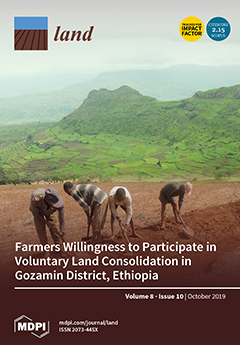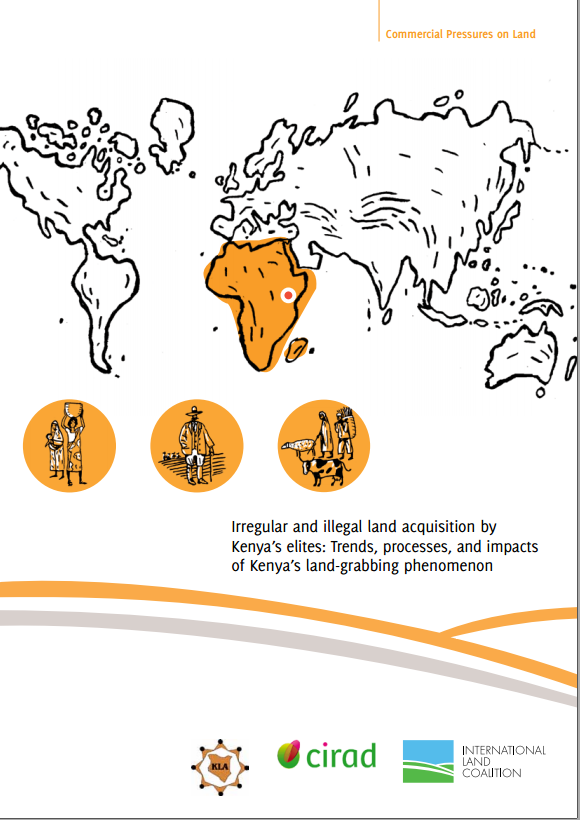Understanding Land in the Context of Large-Scale Land Acquisitions: A Brief History of Land in Economics
In economics, land has been traditionally assumed to be a fixed production factor, both in terms of quantity supplied and mobility, as opposed to capital and labor, which are usually considered to be mobile factors, at least to some extent. Yet, in the last decade, international investors have expressed an unexpected interest in farmland and in land-related investments, with the demand for land brusquely rising at an unprecedented pace.








